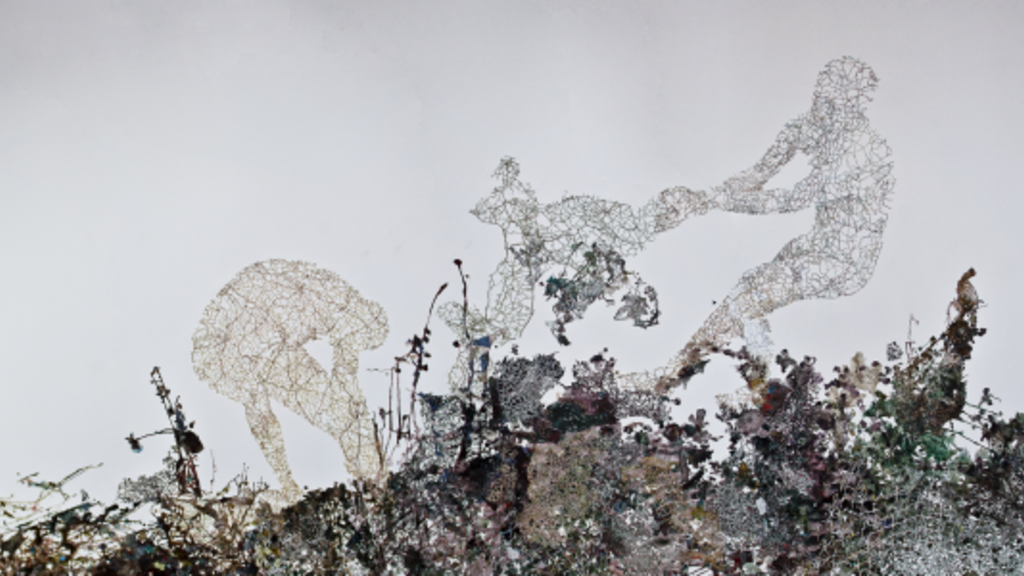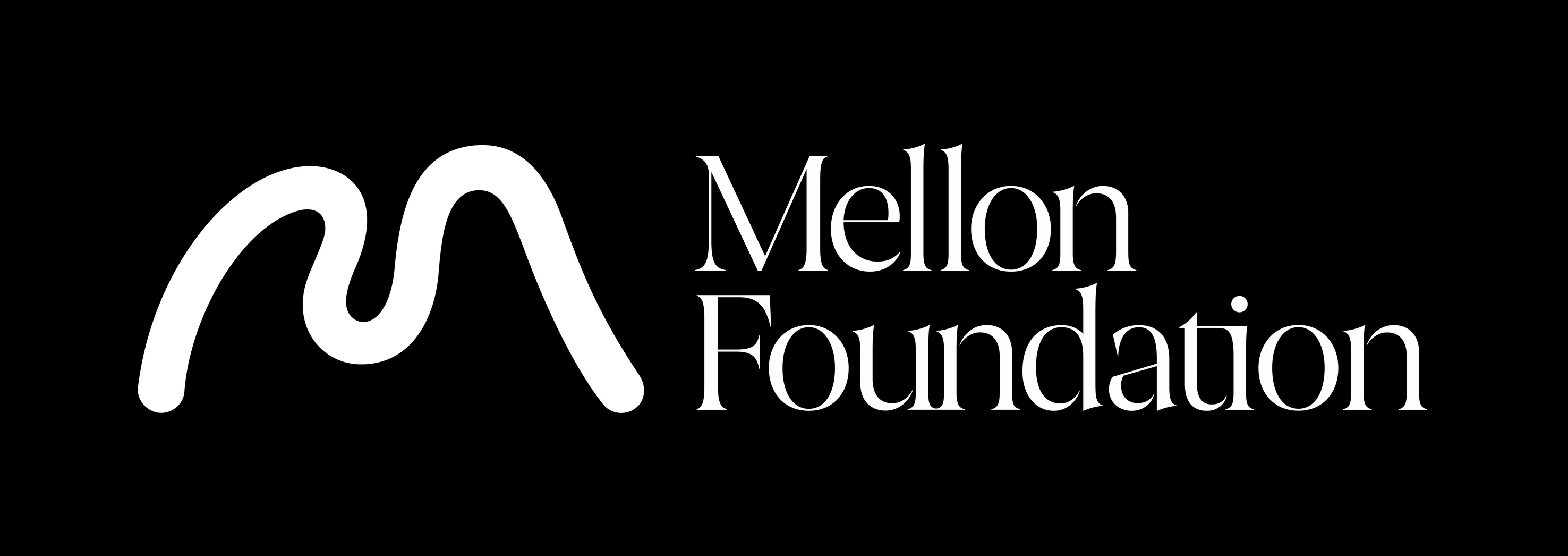Spacer
Collaboratively addressing timely issues affecting American campuses
The Mellon Foundation’s Sawyer Seminars program was established in 1994 to provide support for comparative research on historical and contemporary topics of scholarly significance. The seminars, named in honor of the Foundation’s long-serving third president, John E. Sawyer, bring together faculty, foreign visitors, postdoctoral fellows, and graduate students from a variety of fields—mainly, but not exclusively, in the arts, humanities, and interpretive social sciences—for intensive study of subjects chosen by the participants. This program aims to engage productive scholars in multi-disciplinary and comparative inquiry that would in ordinary university circumstances be difficult to pursue, while at the same time avoiding the institutionalization of such work in new centers, departments, or programs. The maximum grant award for each Sawyer seminar is $300,000.
Request for Proposals
Mellon invites proposals that meaningfully engage faculty, other academic leaders, and visitors from a variety of fields in the study of academic freedom and democracy in the American university. The Foundation seeks to support seminars that demonstrate through humanistic methods the ways in which a higher education system featuring a multiplicity of perspectives, thoughts, and voices is essential to a functional democracy.
Each Mellon Sawyer Seminar normally meets for one year, though some have continued for longer periods. To allow for planning, seminars need not be scheduled for the coming academic year. The seminar should be led or co-led by humanities faculty; however, the proposed seminar should be a collaborative effort involving participation by scholars and administrators from across disciplines and units, with varying perspectives on the problem being addressed. In addition, applicants are encouraged to invite participants from nearby institutions, such as community colleges, liberal arts colleges, museums, research institutes, and local organizations to achieve interdisciplinary and community-engaged collaboration.
Competitive proposals will demonstrate the ways in which the humanities might reform or reimagine existing institutional structures and campus cultures. They might promise to amplify the work of a pre-existing institutional committee or envision a new committee or seminar-style initiative, with academic freedom and democracy in the American university as the central subject of inquiry.
Applications will be evaluated on a) the centrality of humanities leadership to the proposed project; b) evidence of concrete buy-in and support for the proposed structure from university administration; and c) the strength of the plan for disseminating the project’s findings across campus units to catalyze institutional transformation.
As you consider potential approaches and methods of inquiry into the designated topic, bear in mind Mellon's mission statement.
Application Process & Deadlines
This is a limited submission opportunity, which means that the funder has limited the number of applications that can go forward from the University. The Obermann Center for Advanced Studies has established a process for identifying the one proposal that will go forward from the University of Iowa. The internal application process has two stages:
1. Interested UI faculty members should submit a letter of interest by 5:00 p.m. September 16, 2024, to the Obermann Center's Director of Operations, erin-hackathorn@uiowa.edu. Please include the following:
- The names and titles of 2–3 proposed principal seminar organizers, preferably from different disciplines; at least one principal seminar organizer must be tenured.
- A one-page abstract of the proposed project.
- A list of potential participants.
- A preliminary budget.
Selected groups will be notified on September 20, 2024 and invited to submit full proposals.
2. Full proposals are due to the Obermann Center by 5:00 p.m. on October 21, 2024. They should include:
- An executive summary (description of proposed work).
- The rationale for raising the indicated problem/topic, the central questions to be addressed, and the potential significance of the inquiry to be pursued, including its impact on the institution.
- A description of the cases to be studied and the humanities methodologies to be brought to bear on them; the thematic “threads” that will run through the seminar; and evidence of concrete buy-in and support from university administration. Note: The text covering these first three components typically ranges from 3,000 to 6,000 words and must not exceed 8,000 words.
- If support for a postdoctoral fellow and/or dissertation research fellow(s) is envisioned, the procedures to be used in recruiting for these positions. Please note: hiring of postdocs or awarding dissertation research fellowships is not a requirement this year.
- A well-developed preliminary plan for the seminar that outlines the specific topics to be addressed in each session, provides the names and qualifications of the scholars and community partners who would ideally participate, and offers direction for developing a resource that summarizes and aims to institute the seminar’s findings.
- A budget and budget description
- Short CVs (1–2 pages) for the principal seminar organizers. Information about other core participants should be limited to a few lines of text included as an appendix.
- An endorsement letter signed by an institutional officer (provided by the Obermann Center).
Authors of the selected proposal will be notified on November 1, 2024. Before the University submits the final proposal to Mellon on November 20, the finalist may receive feedback from the Obermann Center.
Previous Mellon Sawyer Seminars organized through the Obermann Center:

Racial Reckoning through Comics
This seminar drew from both critical perspectives and creative work in the arts, humanities, and social sciences to address how race and ethnicity have been represented historically. Through yearlong conversation and four public symposia, participants considered how comics reflect and shape understanding of race and ethnicity in specific times and places.

Imagining Latinidades: Articulations of National Belonging—Performing Latina/o/x Futurity
This seminar engaged questions of Latinidad in the United States. Participants' exploration was shaped by the interdisciplinary formations offered by the diverse perspectives of Latina/o/x Studies, which implored them to ask politically and culturally engaged questions about the world and to challenge what Chela Sandoval calls the “apartheid of theoretical domains.”

Cultural and Textual Exchanges: The Manuscript Across Pre-Modern Eurasia
This seminar was a yearlong interdisciplinary collaboration dedicated to mapping cultural exchanges across Eurasia from roughly 400 CE ca. 1450 CE, by focusing on the development, distribution, and sharing of manuscript technologies.
